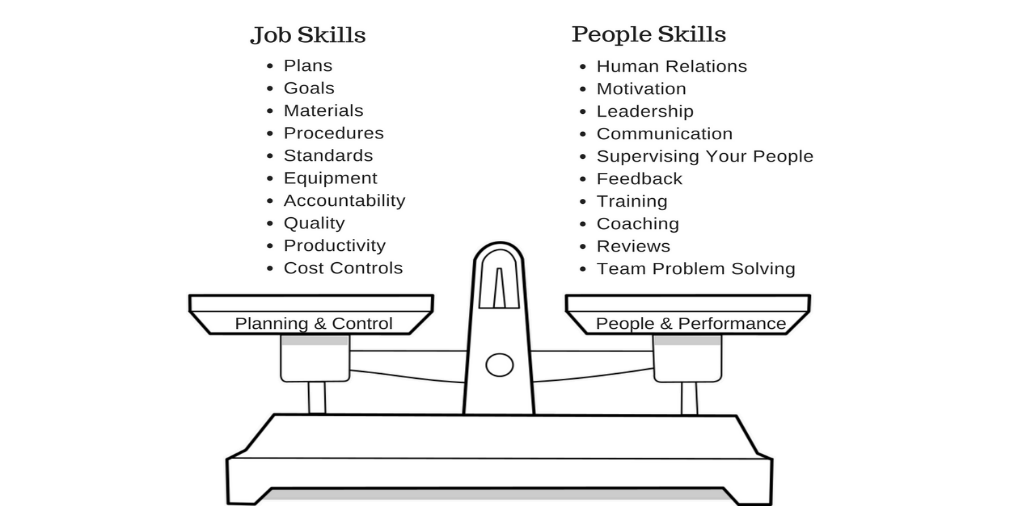Becoming a better leader and coach for your employees will make managing easier, less stressful and more profitable. This means asking employees what they can do to help and contribute rather than telling them what to do. This might be a transformation in your leadership style.
In my recent interview with Valerio Pascotto we discussed what holds leaders back from taking a coaching style of leadership approach. Below is the interview video with Valerio and here is link to the article we discussed. He mentioned that what holds leaders back from becoming a coach rather than a director is habit. To change a habit, you need to focus on a new behaviour and do that repeatedly for 30 days.
Valerio mentioned that if you find yourself procrastinating on the action that will create the new habit, you need to break that action down even further. And if you still are not acting you might need to question how much value you place on the outcome.
 After my interview with Valerio I had a coaching session with the client. During our discussion, I asked what his main concern was right now in his area of responsibility. He told me what it was and I suggested that he meet with each of his managers and share his concern. I suggested he ask them what they can do to help him with his problem. This can turn into a goal that he could use to conduct regular follow-up coaching sessions.
After my interview with Valerio I had a coaching session with the client. During our discussion, I asked what his main concern was right now in his area of responsibility. He told me what it was and I suggested that he meet with each of his managers and share his concern. I suggested he ask them what they can do to help him with his problem. This can turn into a goal that he could use to conduct regular follow-up coaching sessions.
Share a Problem or Concern
 Rallying people around a key concern or project could really boost teamwork, increase engagement and empowerment, and have people feel that they are making a difference.
Rallying people around a key concern or project could really boost teamwork, increase engagement and empowerment, and have people feel that they are making a difference.
I suggest you do the same with one of your direct reports with whom you already have a comfortable relationship. Think of a major project or concern that you need help with. Meet with the employee and share the project or problem you are working on and why it is important, how resolving it or improving the situation will affect the company and you personally.
This is the fourth principle from the book Zapp! the Lightning of Empowerment, which I have referred to in previous videos and articles. The principal is “Ask for Help and Encourage Involvement”.
You may find it difficult to do this especially if you have been used to telling people what you want them to do. How do you shift so suddenly to a coaching style and asked people questions and ideas to help you with the concern or problem?
Valerio suggest that you take an easy step by simulating a coaching conversation with a colleague or a coach to practice the approach. This will help ease your nerves and eliminate the fear taking the wrong approach. Once you improve your comfort level, you can then have the coaching session with the employee.
Try this out and give me feedback in the comments section. Good luck with becoming a better coach leader.
